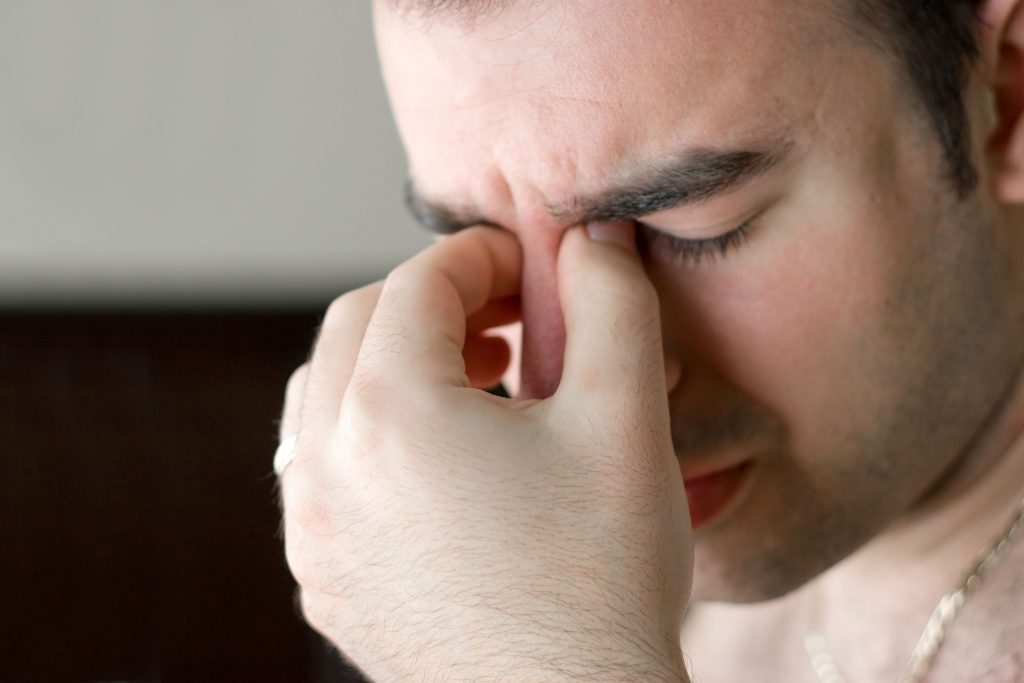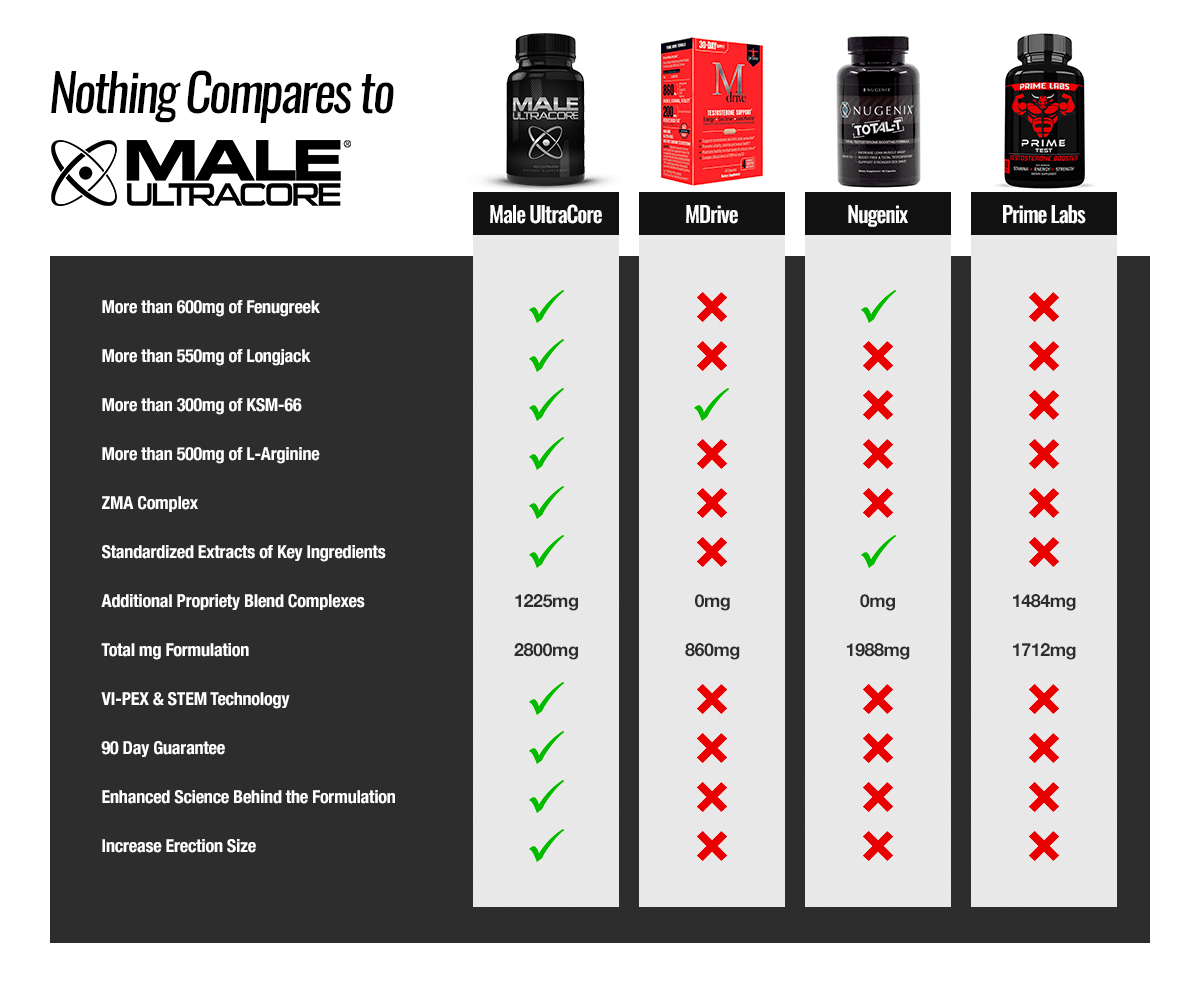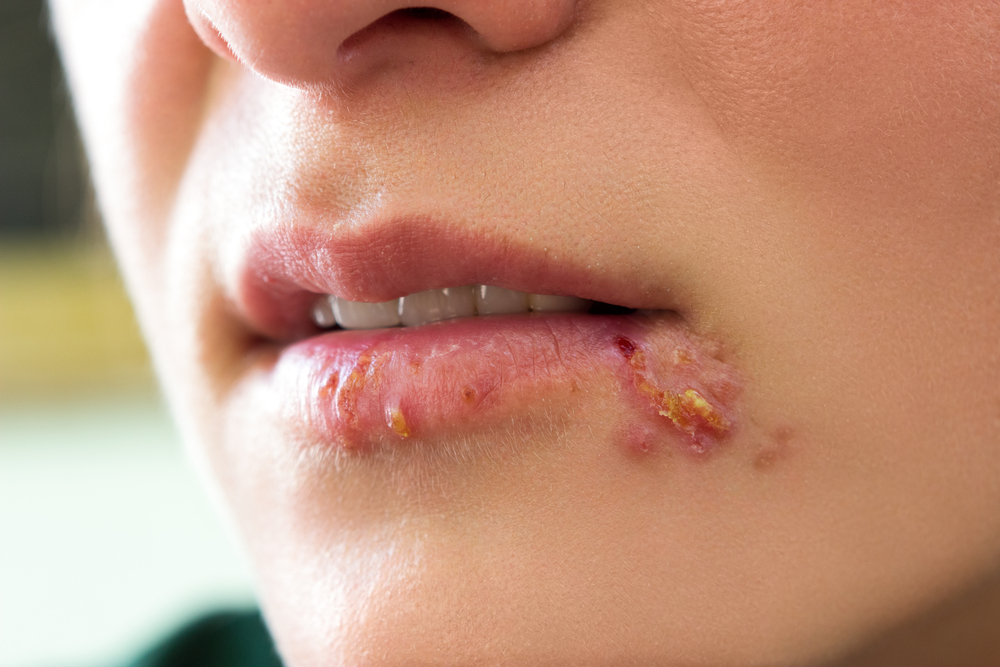If you have already experienced a cold sore outbreak, then you know it can be very painful and quite inconvenient. It can cramp your love life, too, since you’re not supposed to engage in oral sex or even kiss during a cold sore outbreak.
Unfortunately, some people experience frequent cold sore outbreaks. Such recurring outbreaks may be triggered by a variety of factors, although the triggers usually differ from one person to another. Learn more about cold sore triggers.
Cold Sores – What are They?
To put it simply, cold sores mean you have an STD called oral herpes. Not the best of news, but not a serious cause for concern either. Cold sores simply mean that you have to be extra careful during an outbreak so as not to spread the infection.
Usually caused by a virus called herpes simplex virus type 1 or HSV-1, cold sores are also known as fever blisters. They’re called such because a cold or fever can trigger the sores to appear.
Once you contract the herpes virus, it stays inside your nerve cells. The HSV-1 virus usually stays inside your facial nerve cells, which is why you get blisters on your face when the virus becomes active.
Once the virus reactivates, you’ll experience an outbreak of genital herpes. When the outbreak ends, the virus will become dormant again but it will stay in your nerve cells.
HSV-1 – How is It Transmitted?
HSV-1 is a highly prevalent infection that’s transmitted easily. Whereas you need actual sexual contact in order to acquire other STDs like chlamydia, you can contract HSV-1 even when you don’t engage in any sexual activities at all.
In fact, a huge percentage of people who have oral herpes acquired the infection during their early childhood. A mother who has herpes can pass the virus on to her child during childbirth. If the mother has cold sores or oral herpes, simply kissing her child already puts the child at risk of acquiring the virus.

For adults, kissing and oral sex are the most common ways by which HSV-1 is spread. If you kiss someone on the lips when you have cold sores, that person is likely to acquire oral herpes as well. If you give someone oral sex, that person may develop genital herpes even if the virus you passed on is HSV-1 and not HSV-2.
In fact, experts estimate that approximately 40% of new cases of genital herpes infections are acquired after receiving oral sex from someone who had cold sores. Nevertheless, the majority of genital herpes cases are due to infection with the second type of herpes simplex virus, HSV-2.
It’s also possible to spread the virus through your saliva. If the herpes blisters are located inside your mouth, the herpes virus will most likely be present in your saliva. Anyone who comes into contact with your saliva may also become infected. This can happen if someone drank from the glass you just used or when you’re sharing utensils while eating.
Initial Cold Sore Outbreak
When you contract herpes for the first time and you experience an outbreak of cold sores, that’s referred to as a primary first outbreak. You will most likely experience whole-body symptoms such as headaches, muscle aches, and a fever. You may feel tired and weak during your first outbreak.
In general, primary first outbreaks are worse than subsequent outbreaks. When you first experience cold sores, they may be extremely painful. Herpes sores often begin as tiny bumps or blisters. The sores then break open, and the liquid inside them oozes out.
Once the sores break open, they will then form ulcers. Eventually, they will scab over and then the crust will just fall off. Once the sores completely disappear, it means that the outbreak is over. However, it’s common to experience a second outbreak in just a matter of weeks. Over time, the outbreaks should lessen in frequency.
What Triggers Recurring Outbreaks?
After your primary first outbreak, the virus may lay dormant inside your facial nerve cells. As the virus is dormant, you won’t experience any oral herpes symptoms like cold sores or muscle aches. Unfortunately, there are a lot of factors that may cause the virus to become active again and trigger another outbreak.
In general, anything that can cause your immune system to weaken may trigger another cold sore outbreak. If you have a fever or a cold, you may soon see blisters forming on your lips.

Fatigue can also weaken your immune system, so if you somehow ended up being fatigued, you may soon experience a cold sore outbreak. The same is true for stress. A high-stress event can cause the herpes blisters to form again.
For some people, recurring outbreaks may be triggered by other types of infections like upper respiratory infections. Hormonal changes can also cause your cold sores to reappear. Many women, for instance, experience recurring cold sore outbreaks when they have their menstruation.
There are also those whose cold sore outbreaks are triggered by extreme temperatures. For some, prolonged exposure to sunlight can cause fever blisters to break out. If you experience an injury in the area where your cold sores usually appear, it may also trigger another outbreak.
Treatment Options
You won’t be able to completely get rid of the herpes simplex virus but you can manage your symptoms. Even without treatment, a cold sore outbreak can heal and go away after just a week or two. However, if you’re feeling a lot of discomfort during an outbreak, then it may be best for you to seek treatment.
If you’re feeling pain, you should try putting an ice pack or applying a warm cloth over the affected area. If you have over-the-counter pain relievers at home, you can also take them to lessen the pain.
Over-the-counter cold sore creams are also available, and some of them contain anesthetic agents that can help reduce the pain. If you can, try to get a prescription for oral antiviral medicines such as valacyclovir.
Increase Your Testosterone Levels with Testosterone Boosters
Male UltraCore is a premium testosterone boosting supplement that is designed to maximize test levels, increase your performance and drive, and give you harder and fuller erections. 





